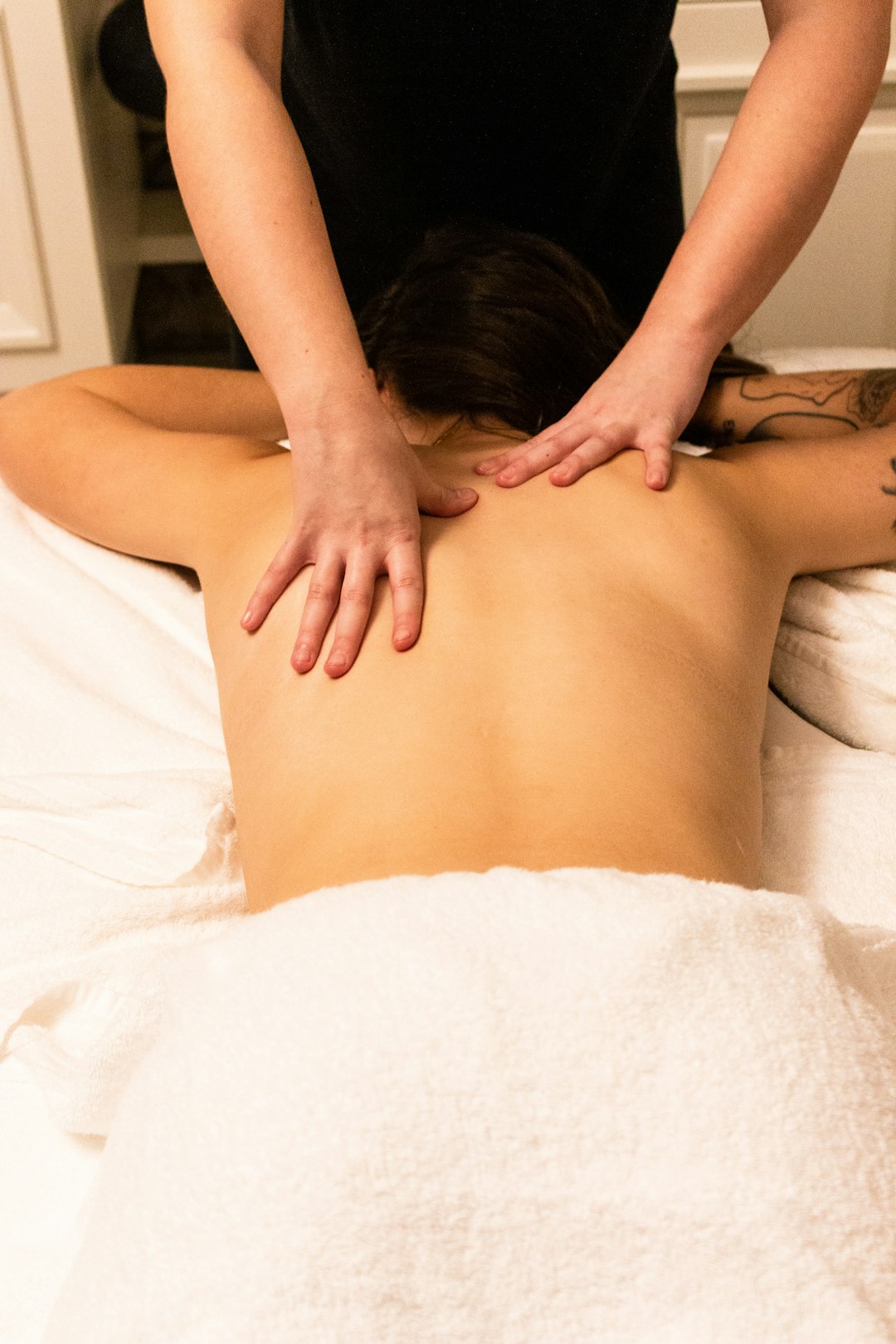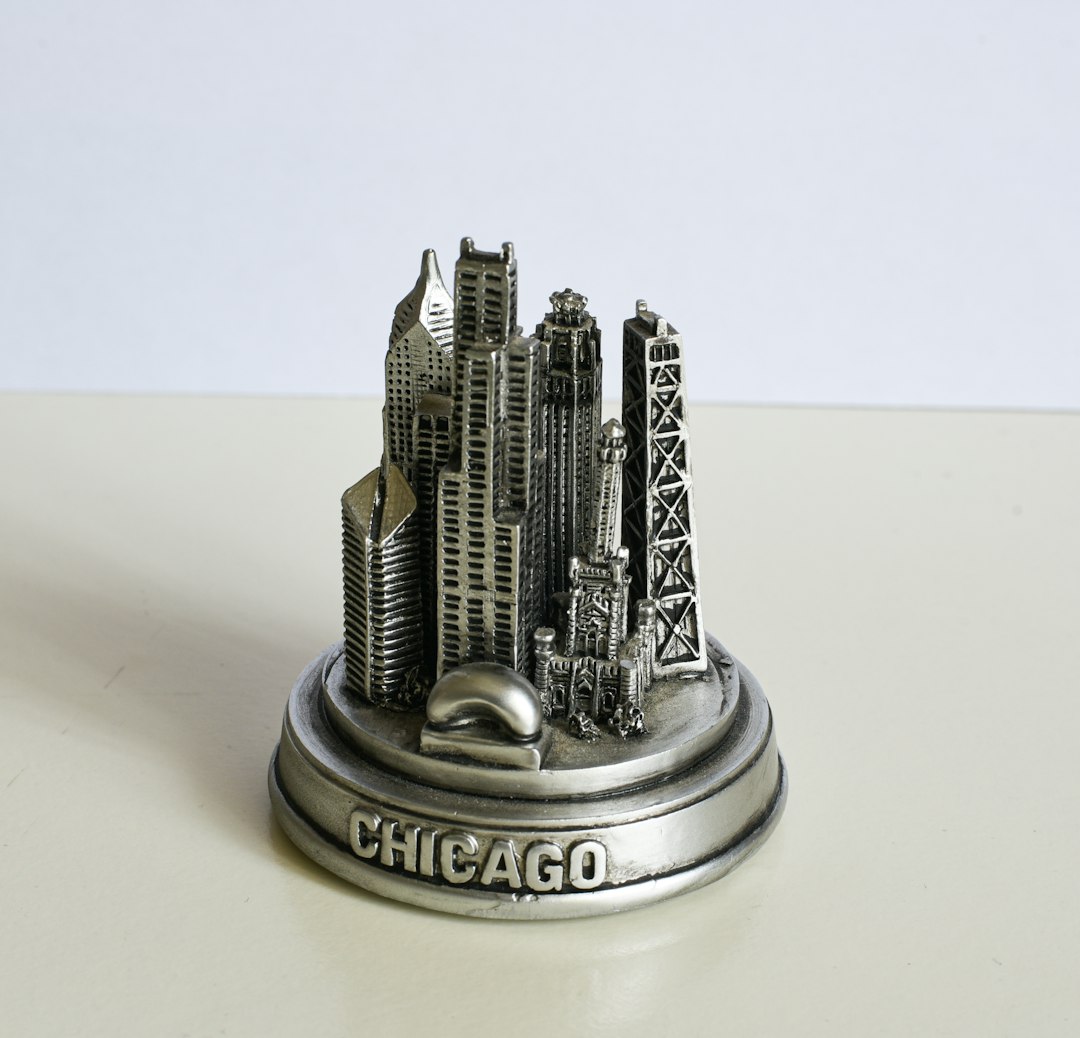In Illinois, massage therapists face stringent licensing and insurance requirements to protect clients. Robust legal protections exist for victims of massage abuse, with specialized attorneys offering guidance on reporting and pursuing justice. Strict regulations aim to prevent unethical practices, but incidents still occur, emphasizing the need for qualified massage abuse lawyers. Choosing an attorney knowledgeable in business, employment, and licensing laws is crucial for navigating unique industry legalities.
In Illinois, understanding the legal landscape of massage therapy is crucial for both practitioners and clients. This guide navigates the essential aspects of massage therapy licensing requirements, ensuring compliance with state laws. It explores legal protections for clients, helping them discern their rights in a bustling industry. Additionally, it delves into addressing massage abuse and misconduct, fostering a safe environment. For those facing legal issues or seeking counsel, choosing the right massage abuse attorney in Illinois is vital to navigating this complex tapestry.
Illinois Massage Therapy Licensing Requirements

In Illinois, individuals seeking to practice massage therapy must adhere to strict licensing requirements set forth by the Department of Professional Regulation (DPR). To become licensed, candidates must complete a recognized massage therapy training program and pass both written and practical examinations. The state recognizes several types of massage therapy licenses, including professional, athletic trainer, and mobile/traveling therapist licenses.
Additionally, Illinois law mandates that massage therapists maintain proper insurance coverage to protect clients from potential massage abuse. Furthermore, all licensed therapists are required to renew their licenses annually, ensuring they stay current with continuing education requirements. For those facing allegations of massage abuse or misconduct, it’s crucial to consult a knowledgeable massage abuse attorney in Illinois for legal guidance and representation.
Legal Protections for Massage Clients in Illinois

In Illinois, clients receiving massage therapy services are protected by state laws designed to prevent abuse and ensure professional conduct. These legal protections are crucial in fostering trust between clients and massage therapists. If a client experiences any form of misconduct or abuse during a massage session, they have rights and resources available to them.
Massage abuse attorney Illinois can guide victims through the legal process, helping them seek justice and compensation for any harm suffered. The state’s laws strictly regulate massage therapy practices, including licensing requirements, insurance mandates, and code of conduct standards, all aimed at safeguarding clients from unethical or harmful practices.
Addressing Massage Abuse and Misconduct

In Illinois, addressing massage abuse and misconduct is a critical aspect of ensuring consumer safety within the wellness industry. The state has established regulatory bodies to oversee massage therapy practices, including licensing requirements for therapists. However, despite these measures, incidents of massage abuse can occur, ranging from unprofessional behavior to more severe forms of assault.
If you’ve experienced massage abuse or misconduct in Illinois, it’s advisable to consult a reputable massage abuse attorney. Legal professionals specialized in this area can guide victims through the process of reporting such incidents to the appropriate authorities and pursuing justice if necessary. They can also provide support and counsel to help individuals understand their rights and navigate the legal system effectively.
Choosing the Right Massage Attorney in Illinois

Choosing the right massage abuse attorney in Illinois is a crucial step for therapists and businesses looking to navigate the state’s legal landscape. With specific regulations and potential issues related to massage therapy, it’s essential to find a lawyer who understands both the industry and the law. Look for attorneys specializing in business and employment law, with experience handling cases involving professional licensing, consumer protection, and workplace safety—all of which are relevant to massage therapy practices.
When selecting a legal representative, consider their track record and client testimonials. Ensure they have expertise in defending or representing massage therapists, as this specific field requires a nuanced understanding of the issues at hand. A good lawyer should be able to guide you through licensing issues, compliance matters, and potential abuse claims, providing strategic advice tailored to Illinois’s legal framework.






